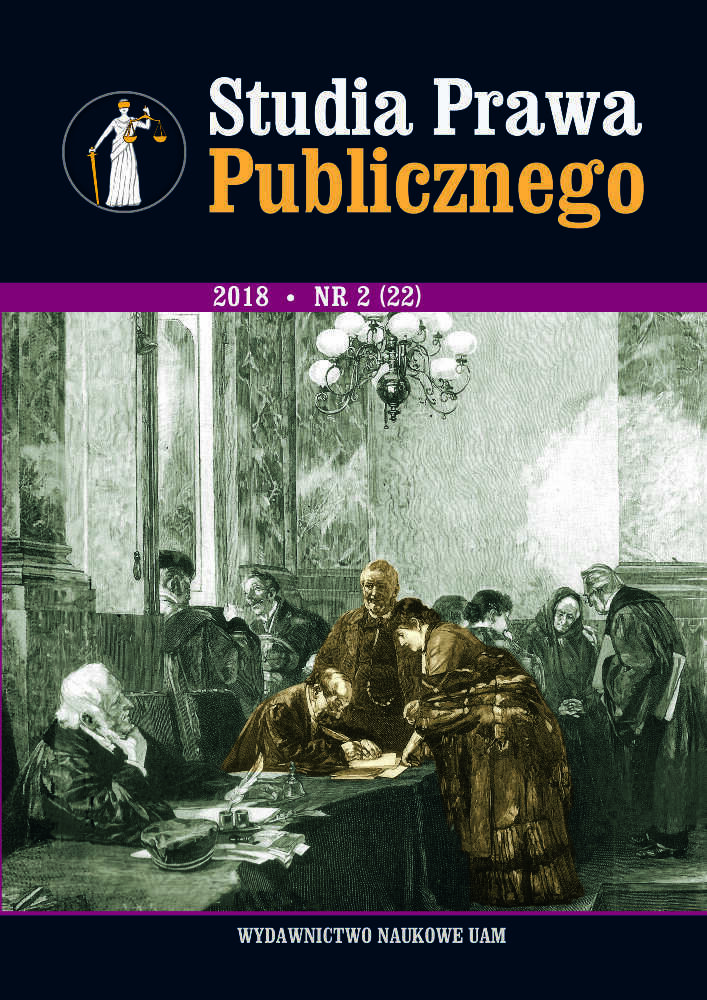Abstract
Members of disciplinary bodies (disciplinary ombudsmen and members of disci plinary commissions) are at risk of being held liable for compensatory damages arising in connection with their duties (i.e. for procedural failures in disciplinary proceedings). The lack of regulations concerning the liability for compensation by the members of disciplinary bodies is also a factor which is unfavourable for those who suffered damage as a result of disciplinary proceedings. As can be seen from the resolution of the Supreme Court of 27 September 2012 analysed in this study, for procedural violations committed in the course of discipli nary proceedings, members of disciplinary bodies are personally liable, jointly and severally with the higher education institution in which they are employed. The conclusions of the analysis of the case law therefore also point to the need to address this problem in a systematic manner. This objective has been partially achieved in the draft of the new Act on Higher Education and Science, which includes for the first time a provision on the optional coverage of members of disciplinary bodies with a third party liability insurance. Nevertheless, it could be argued that this regulation ought to be improved by introducing a compulsory third party liability insurance of members of disciplinary bodies, specifying, preferably in the imple- menting regulation, the minimum amount guaranteed, and elements such as the scope of the third party insurance and the date of commencement of the insurance cover (e.g. the day preceding the commencement of the function of disciplinary ombudsman or member of a disciplinary committee). Such a solution is supported by the analysis of regulations concerning obligatory third party insurance applica- ble to selected professions which has been carried out in the present study. In the case of these professions, the solution that was applied is the one that clarifies the regulations related to the obligatory third party insurance covering the performance of these professions.
License
Copyright (c) 2019 Krystyna Nizioł

This work is licensed under a Creative Commons Attribution-NonCommercial-NoDerivatives 4.0 International License.
